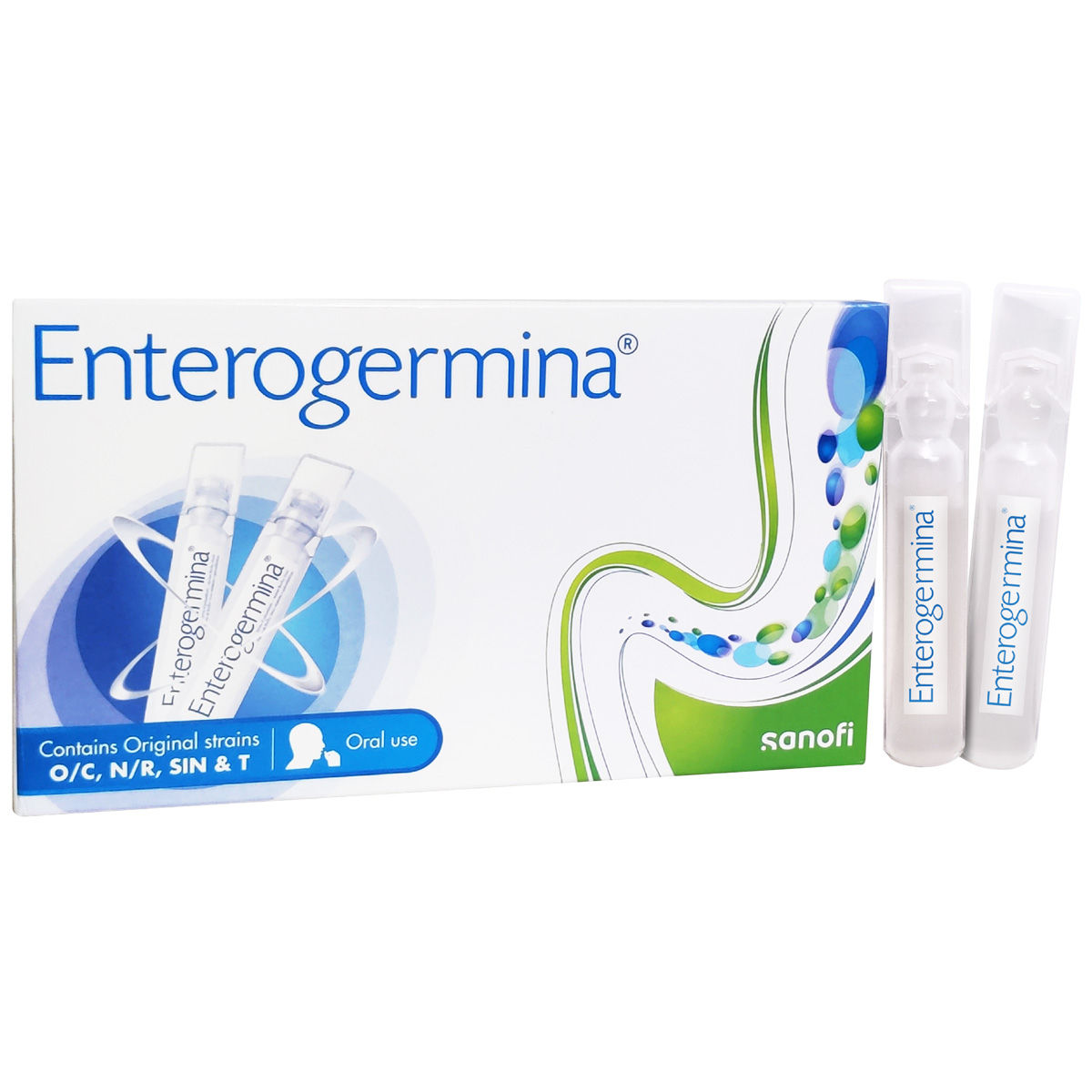- Home
- Health Condition
Medicine For Diarrhea
Medicine For Diarrhea
- Total Items (1343)
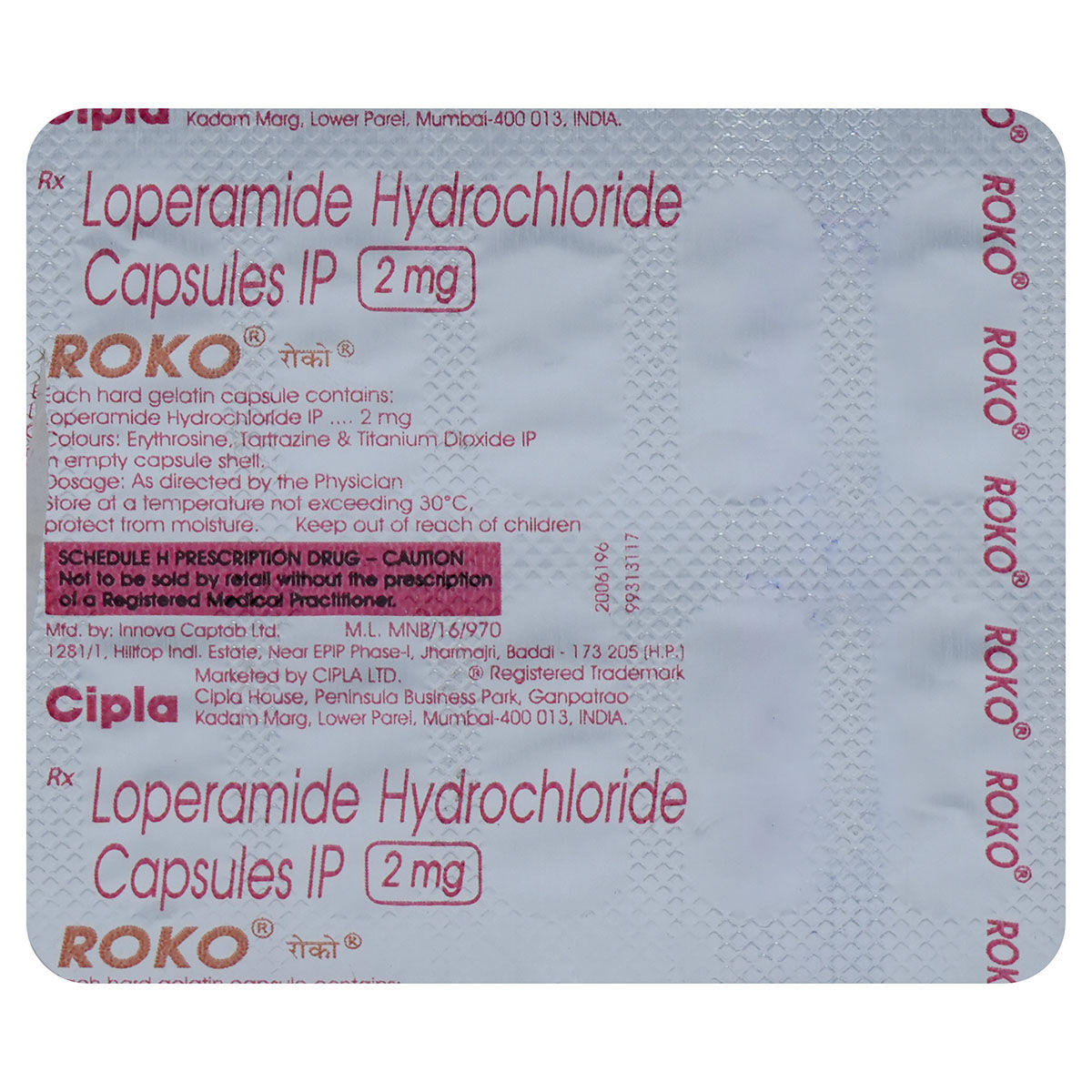 RX
RXRoko 2 mg Capsule 10's
₹18.80
MRP ₹25
25% off
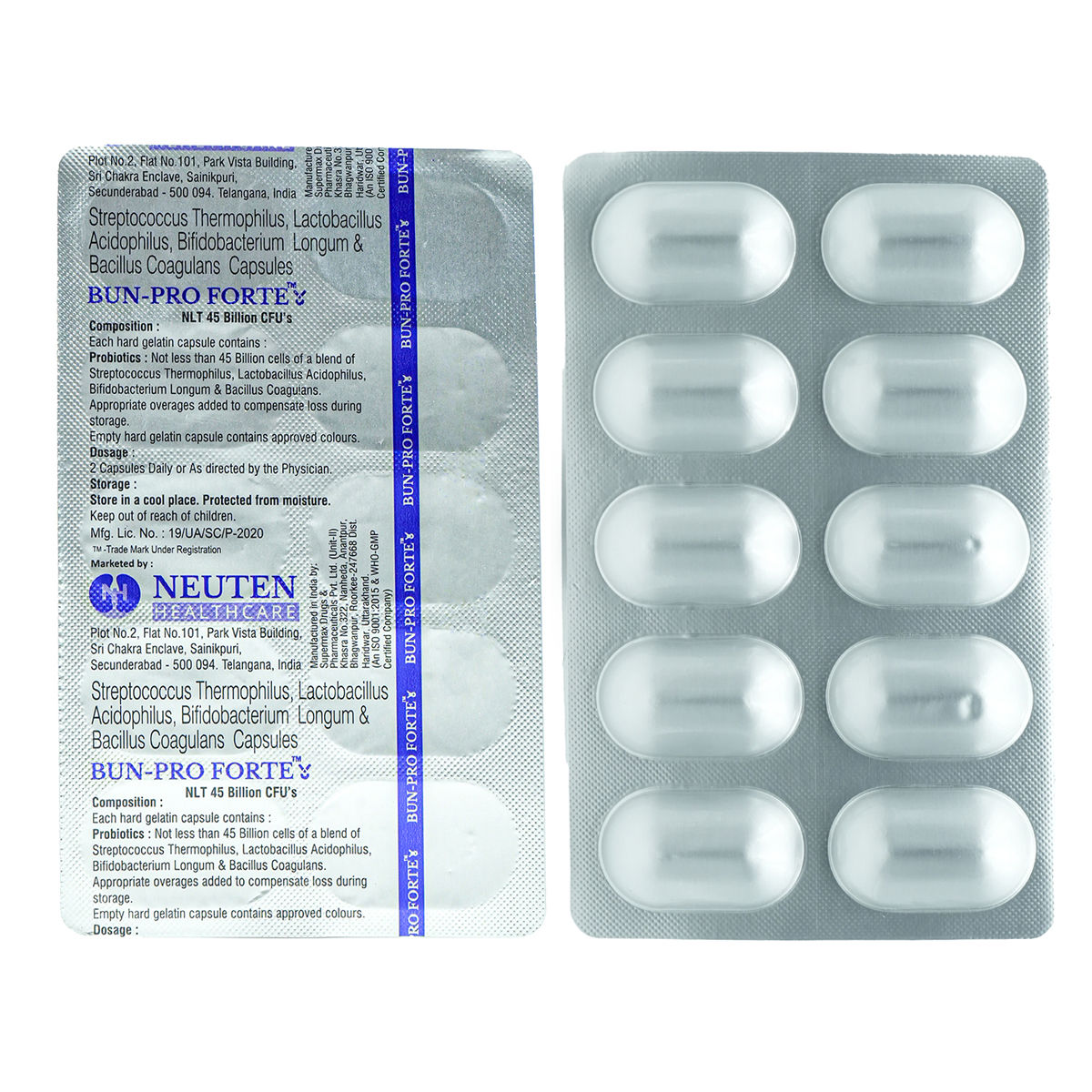
Bun Pro Forte NLT Capsule 10's
₹782.10
MRP ₹869
10% off

Econorm Sachet 765 mg
₹61.70
MRP ₹68.50
10% off

Econorm 250 Capsule 6's
₹264.60
MRP ₹294
10% off
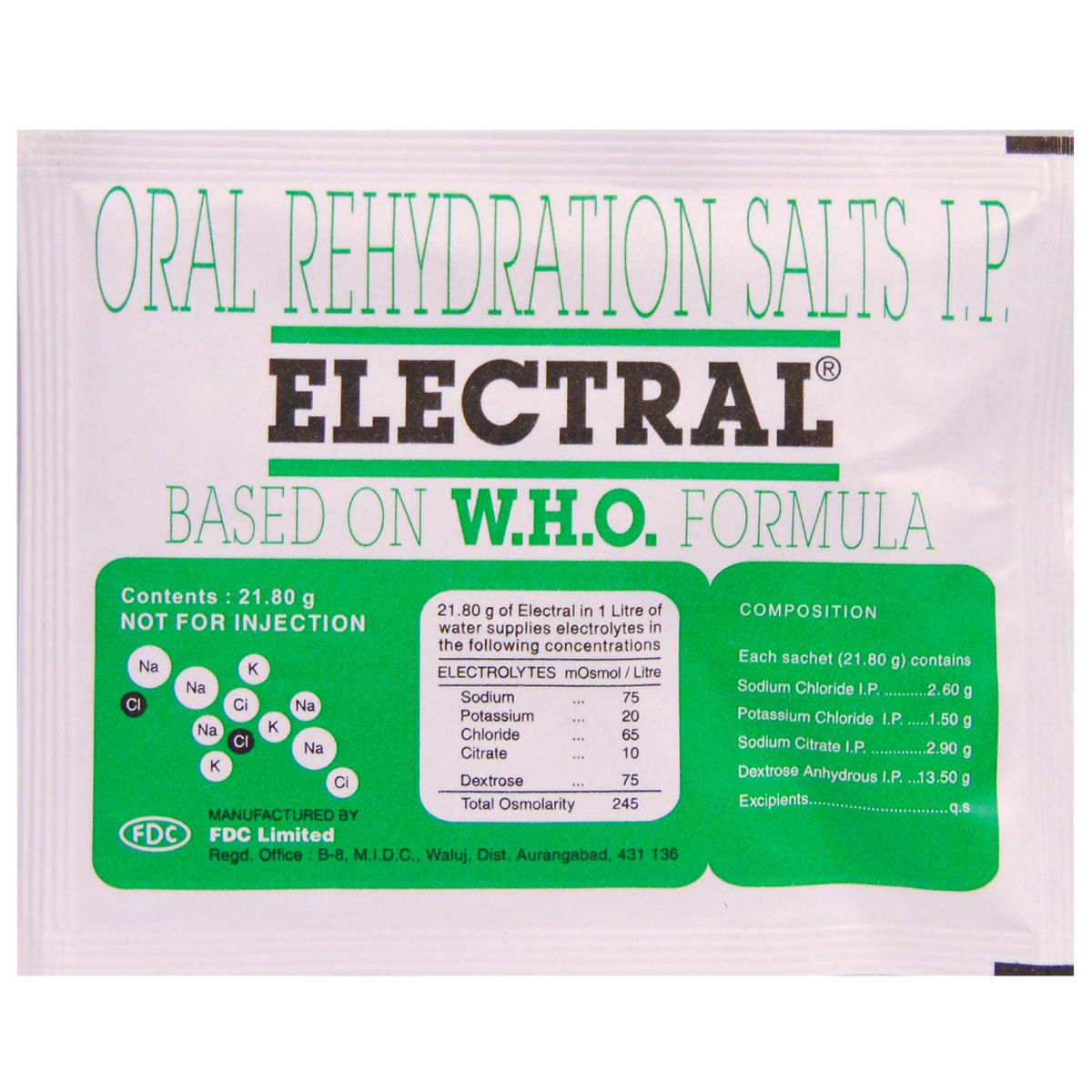
Electral Sachet 21.80 gm
₹20.70
MRP ₹23
10% off
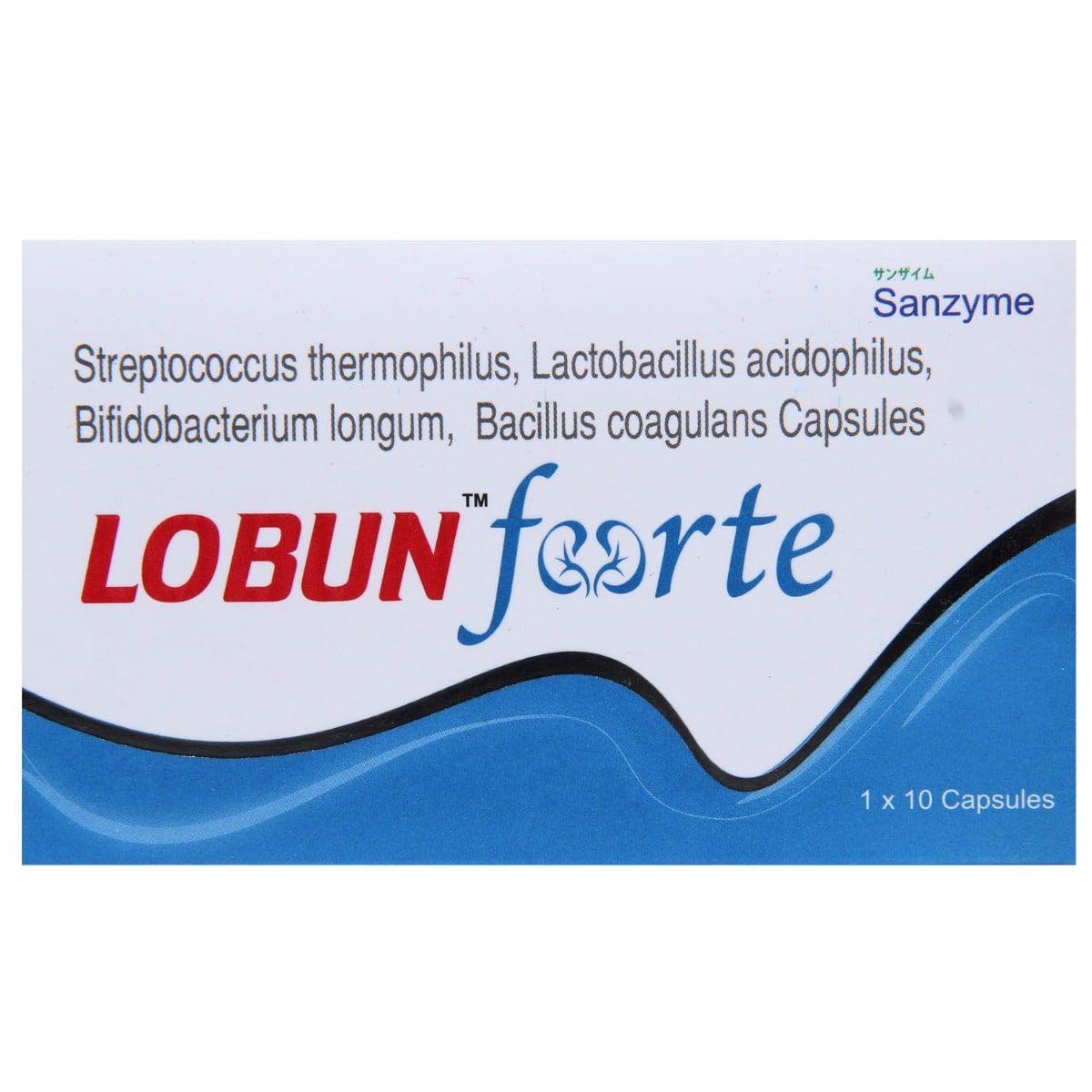
Lobun Forte Capsule 10's
₹1073.70
MRP ₹1193
10% off
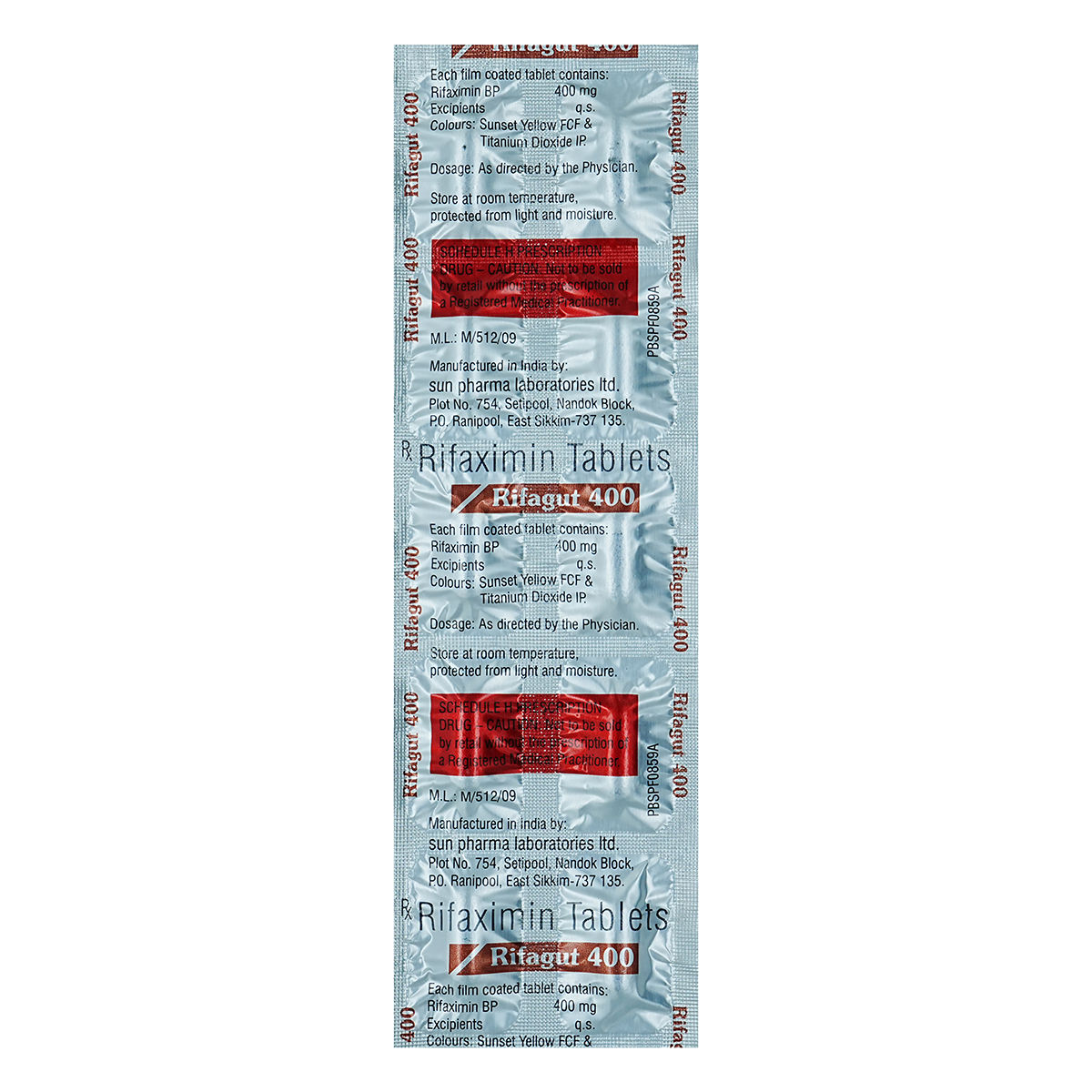 RX
RXRifagut 400 Tablet 10's
₹394.20
MRP ₹438
10% off
 RX
RXRifagut 550 Tablet 10's
₹509.40
MRP ₹566
10% off

ORSL Electrolyte Apple Drink, 200 ml
₹37.80
MRP ₹42
10% off
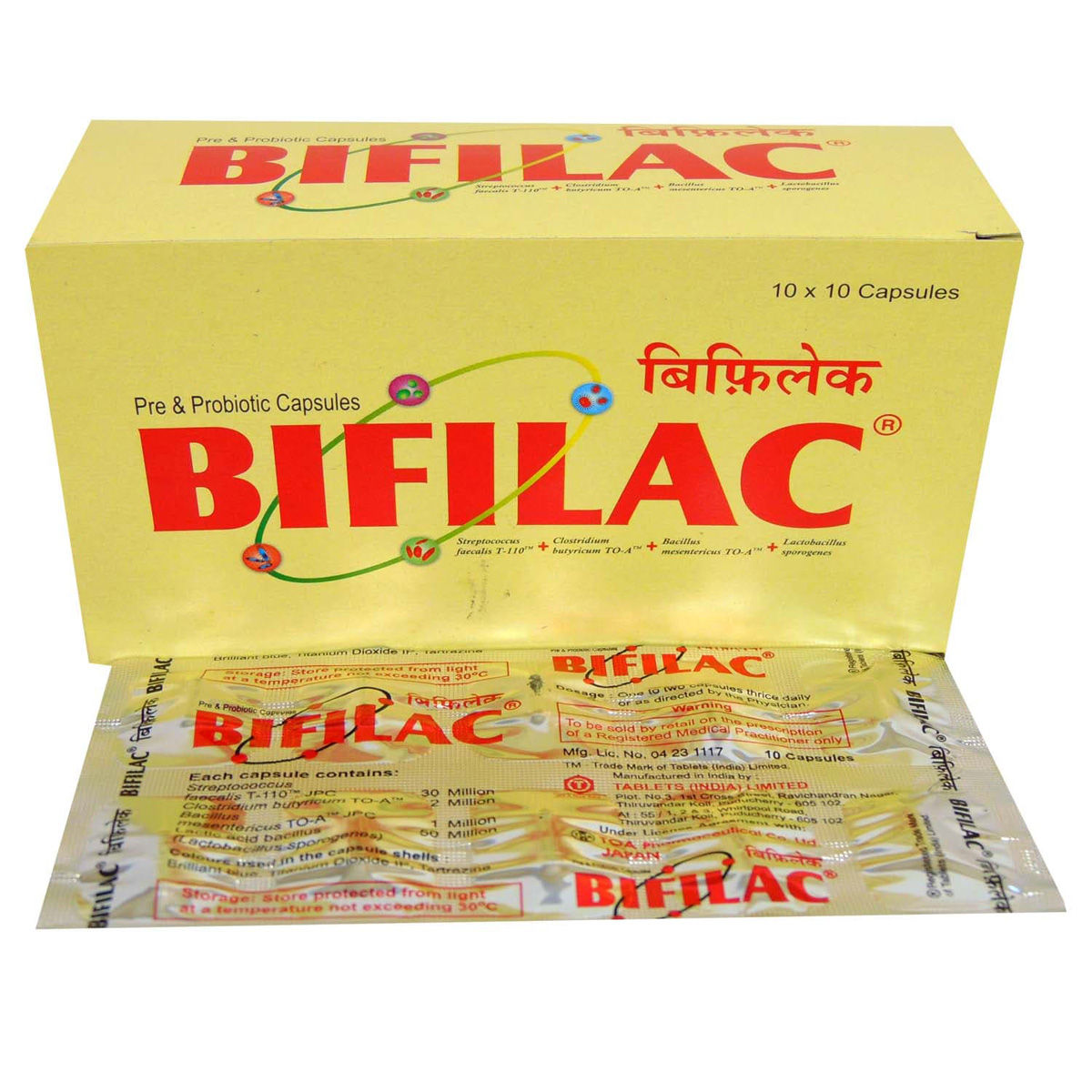 RX
RXBifilac Capsule 10's
₹135
MRP ₹150
10% off
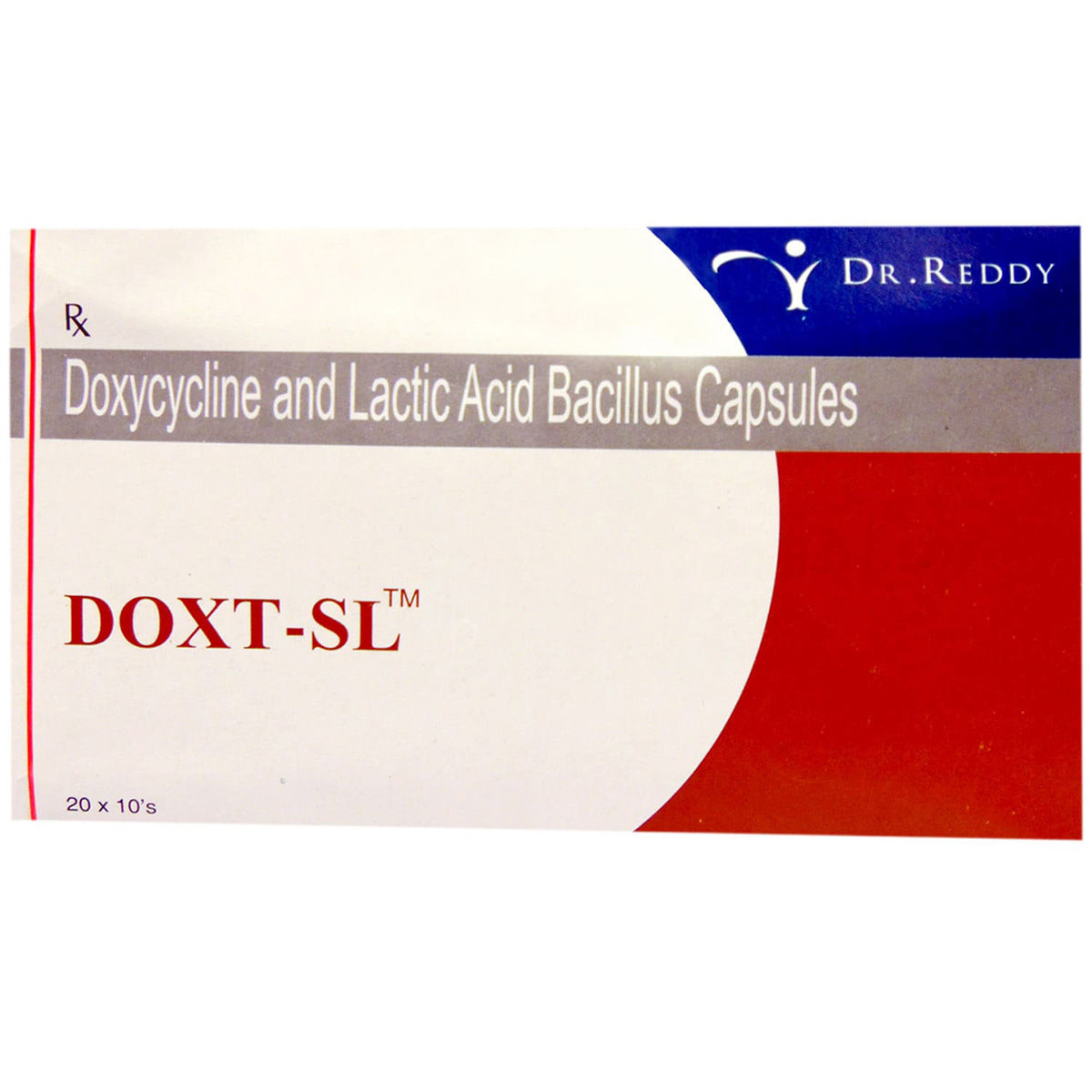 RX
RXDoxt-SL Capsule 10's
₹131.40
MRP ₹146
10% off

Cudce Forte Capsule 10's
₹791.10
MRP ₹899
12% off
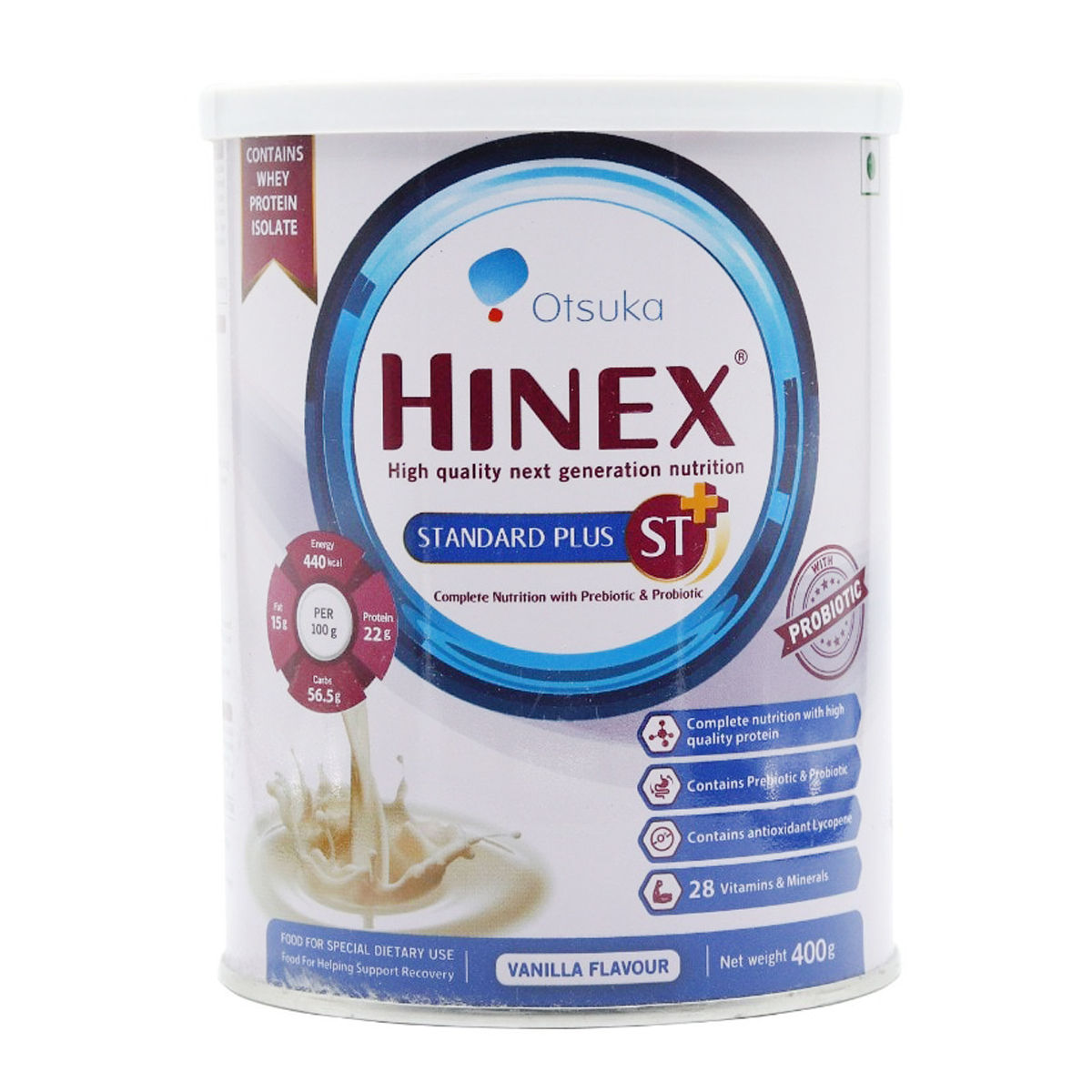
Hinex ST Plus Vanilla Powder 400 gm
₹875.60
MRP ₹995
12% off
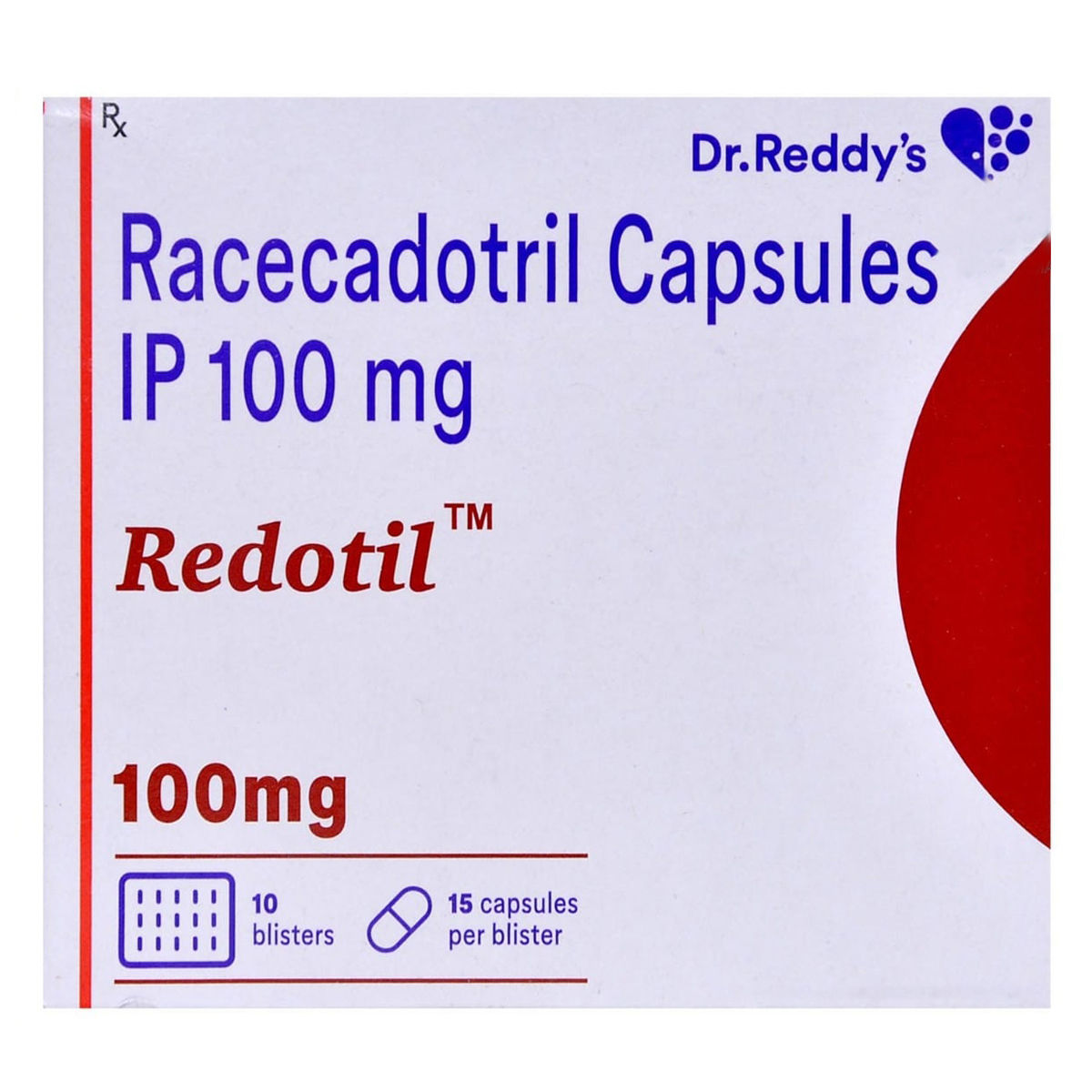 RX
RXRedotil 100 mg Capsule 15's
₹422.60
MRP ₹469.50
10% off
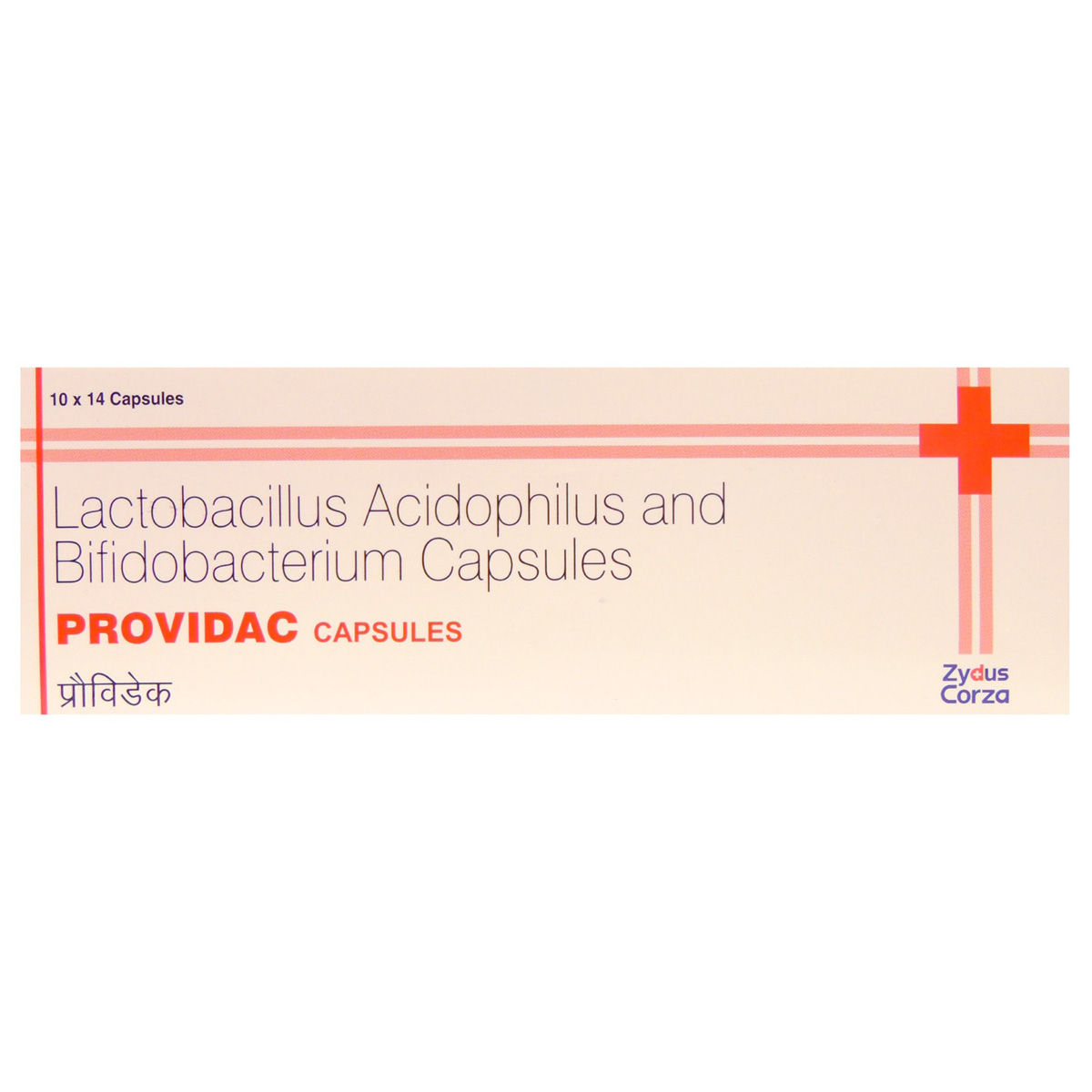
Providac Capsule 14's
₹476.60
MRP ₹529.50
10% off

ORSL Electrolyte Orange Drink, 200 ml
₹40.50
MRP ₹45
10% off
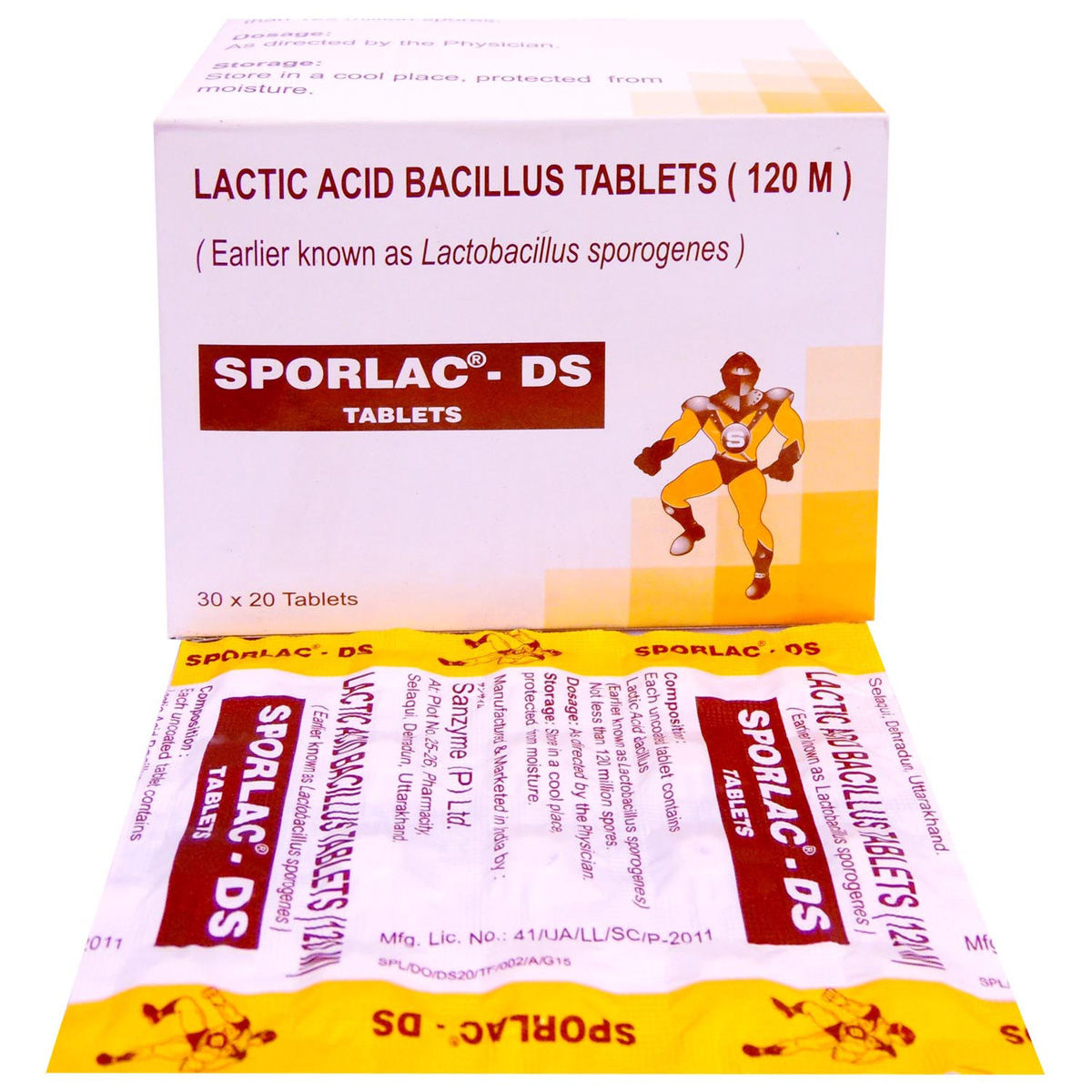
Sporlac-DS Tablet 20's
₹156.20
MRP ₹173.50
10% off

Celprotik Capsule 10's
₹414
MRP ₹460
10% off
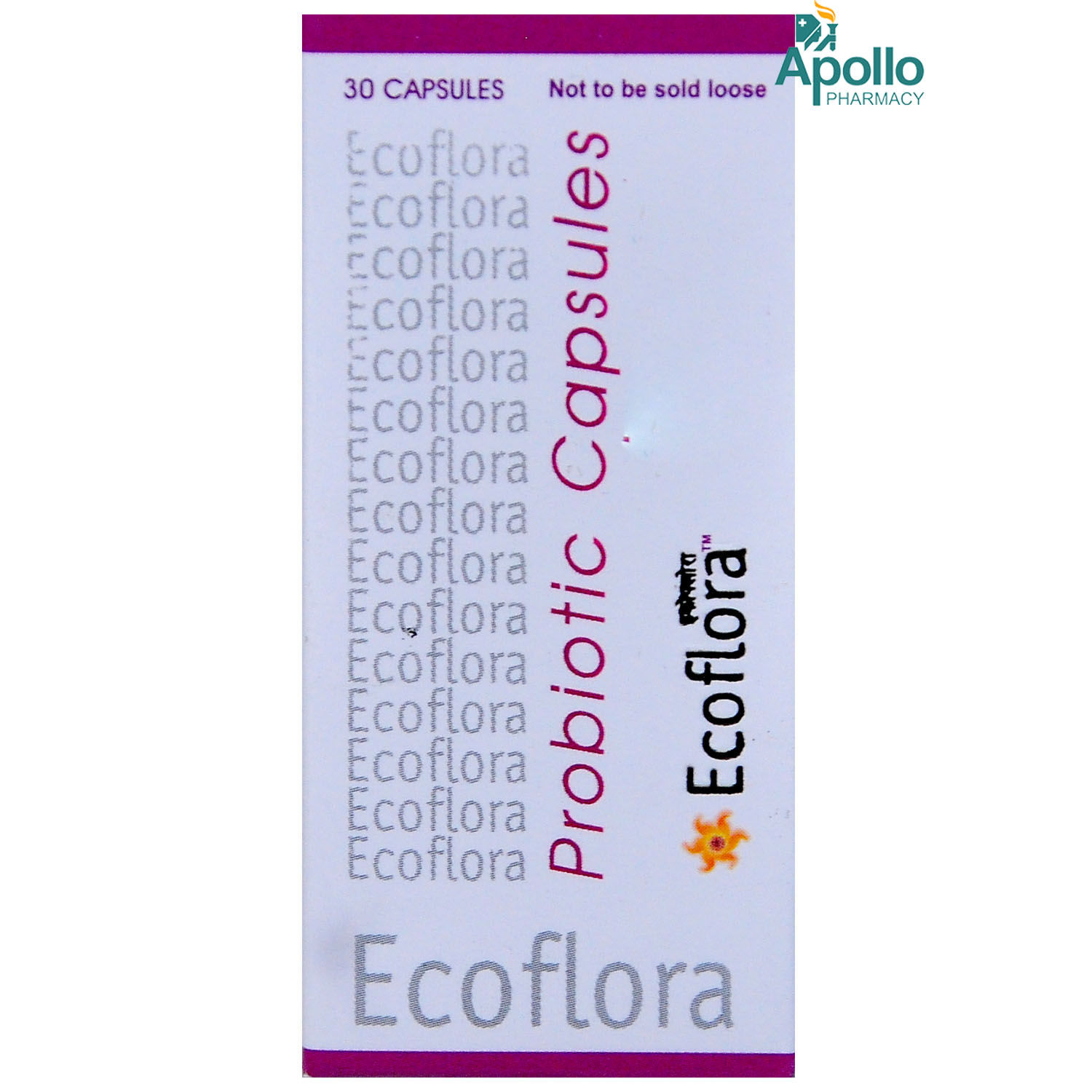
Ecoflora Capsule 30's
₹1755
MRP ₹1950
10% off

Ecotas Bv Capsule 10's
₹504.90
MRP ₹561
10% off
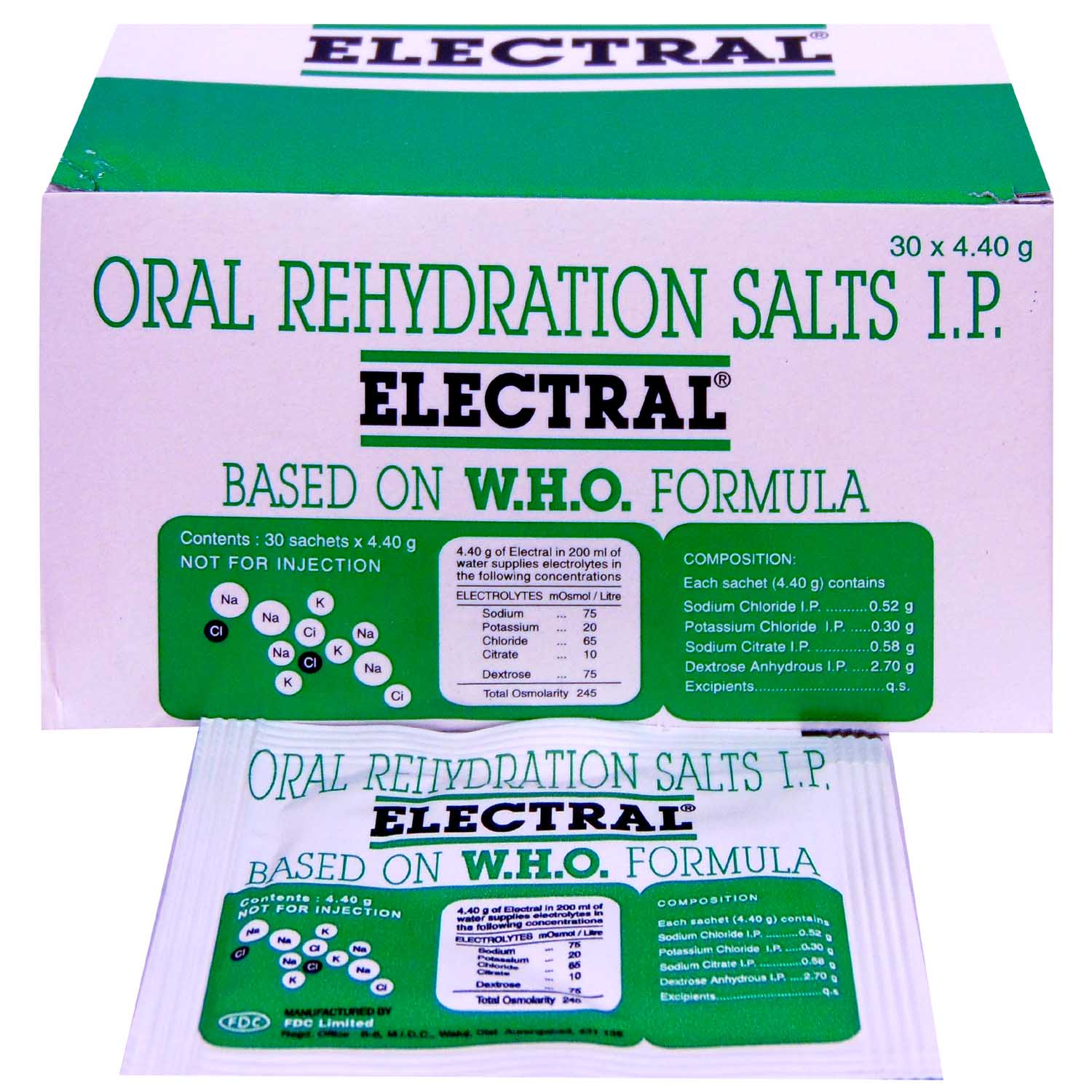
Electral Sachet 4.4 gm
₹4
MRP ₹4.50
11% off
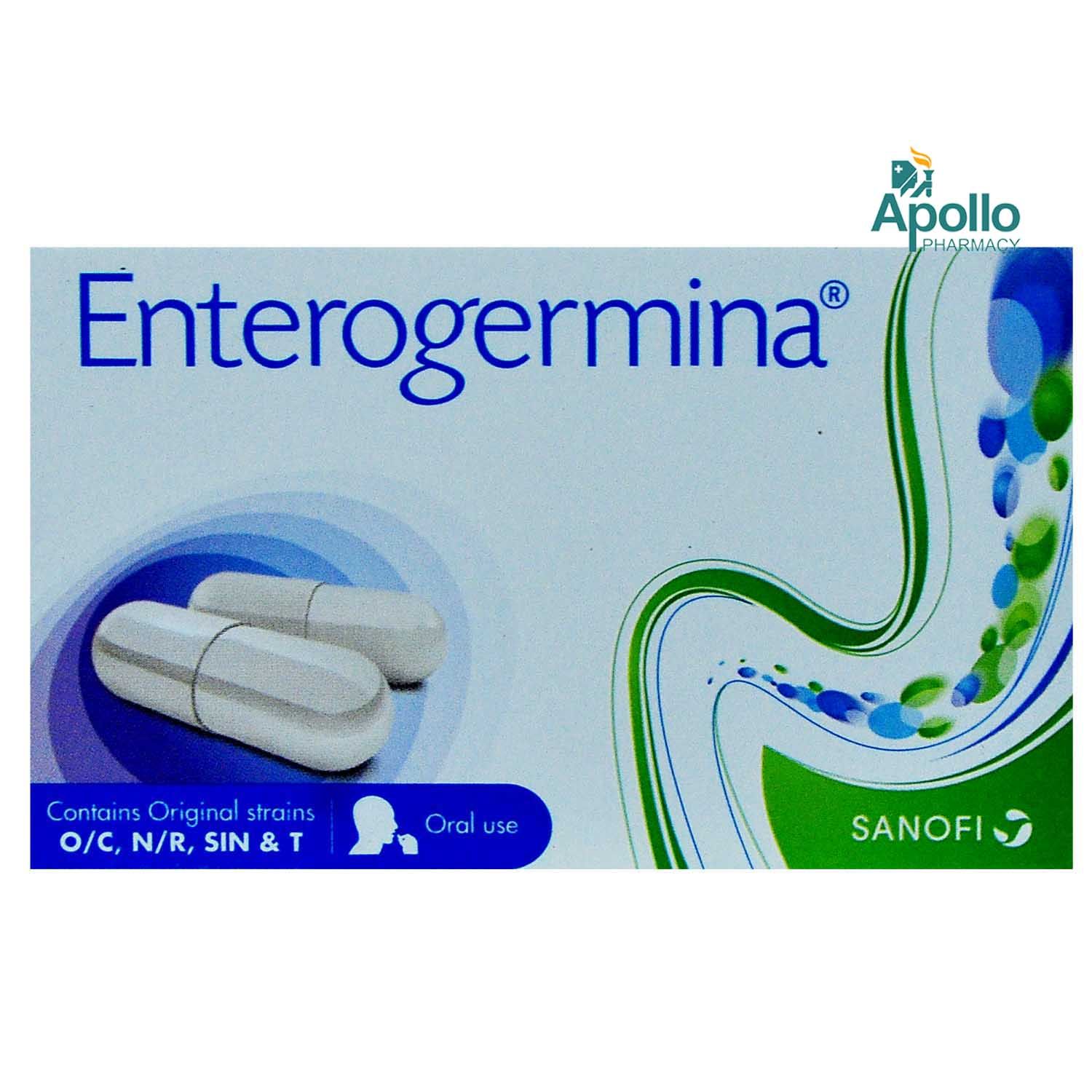
Enterogermina Capsule 4's
₹195.50

Florita LL Capsule 10's
₹459
MRP ₹510
10% off
Medicine for Diarrhea
Diarrhea is a common gastrointestinal condition characterised by frequent, loose, or watery stools. It can arise from various causes, including infections (bacterial, viral, or parasitic), food intolerances, medications, or underlying medical conditions such as irritable bowel syndrome (IBS). While acute diarrhoea typically resolves within a few days, persistent or severe episodes can lead to dehydration, electrolyte imbalances, and impaired nutritional absorption, having a significant effect on a person's quality of life.
Pharmaceutical treatments for diarrhoea are designed to manage symptoms, prevent dehydration, and address the underlying causes. Medications such as anti-motility agents, absorbents, and probiotics are commonly employed to provide relief and restore normal gastrointestinal function. This guide offers a comprehensive overview of the available treatment options, detailing their mechanisms of action, benefits, recommended dosages, and safety precautions, empowering individuals to make informed decisions regarding their diarrhoea management.
Types of Medicine for Diarrhea
Diarrhea can result from various causes, including infections, food intolerances, medications, or gastrointestinal disorders. Pharmaceutical treatment focuses on alleviating symptoms, addressing the underlying cause, and preventing complications such as dehydration. The main drug classes employed in the management of diarrhoea are as follows:
1. Anti-motility Agents
Anti-motility agents like loperamide and diphenoxylate work by slowing down intestinal motility, allowing for increased absorption of fluids and leading to firmer stools. These medications are typically used for managing acute diarrhoea, especially when caused by infections or dietary factors. However, they should be avoided in cases of diarrhoea caused by bacterial infections such as Salmonella or Shigella, as slowing bowel movements may prolong the infection.
2. Absorbents
Absorbents like kaolin and pectin help absorb excess fluid in the intestines, improving stool consistency. They are commonly used in the treatment of mild cases of diarrhea and may be used in combination with other medications to enhance effectiveness.
3. Probiotics
Probiotics such as Lactobacillus help restore the balance of beneficial bacteria in the gut, especially when diarrhoea results from antibiotic use or gastrointestinal infections like Clostridium difficile. Probiotics can reduce the severity and duration of diarrhea by promoting healthy gut flora.
4. Antibiotics
If diarrhoea is caused by a bacterial infection, antibiotics like ciprofloxacin, azithromycin, or metronidazole may be prescribed. Antibiotics should only be used when a bacterial cause is confirmed, as they are ineffective for viral or non-infectious causes of diarrhoea.
5. Oral Rehydration Solutions (ORS)
Oral rehydration solutions, containing a mix of salts and sugars, are essential for preventing dehydration, a common complication of diarrhea. Oral rehydration salts are utilised to restore lost fluids and electrolytes, especially in severe or prolonged cases of diarrhea.
These medications, when used appropriately, help manage diarrhea effectively, reduce discomfort, and prevent dehydration. It's essential to consult with a healthcare provider to determine the most suitable treatment based on the underlying cause and severity of symptoms.
Benefits of Using Diarrhoea Medicines
While acute diarrhoea often resolves on its own, chronic or severe diarrhoea can lead to dehydration, malnutrition, and a significant decline in quality of life. Diarrhoea medication has a number of benefits to help manage symptoms and prevent complications.
1. Symptom Relief
Medications such as anti-motility agents, absorbents, and probiotics can help control diarrhoea by reducing the frequency and urgency of bowel movements. This provides immediate relief and improves overall comfort.
2. Prevention of Dehydration
Persistent diarrhoea can lead to significant fluid and electrolyte loss, causing dehydration. By controlling the symptoms, diarrhoea medications help retain fluids, preventing dehydration and its associated risks, such as dizziness, weakness, and electrolyte imbalances.
3. Faster Recovery
Medications that target the underlying cause of diarrhoea, such as antibiotics for bacterial infections or probiotics for restoring gut health, can promote faster recovery and a quicker return to normal activities.
4. Improved Nutritional Absorption
Chronic diarrhoea can interfere with the absorption of nutrients, leading to malnutrition. Medications that control diarrhoea help ensure that the body can retain essential nutrients and maintain overall health.
Taking medications for diarrhoea provides essential relief, prevents dehydration, and supports a quicker recovery, improving quality of life. Always consult a healthcare provider for appropriate treatment.
Dosage & Usage Instructions of Medicines for Diarrhoea
When managing diarrhoea, it is essential to follow proper dosage and usage instructions to ensure the medication is effective and safe.
- How Much to Take- Follow the prescribed dosage from a healthcare provider or as directed on the medication label. For anti-motility agents, typically, one to two doses may be taken initially, followed by additional doses as necessary (usually after each loose stool).
- When to Take- Anti-motility agents are most effective when taken at the onset of symptoms or after each episode of diarrhoea.
- Probiotics are often taken once or twice daily, ideally with meals.
- When to Stop- Discontinue medications once symptoms improve or as directed by a healthcare provider.
- If symptoms persist for more than two days or worsen, consult a healthcare provider.
Caution
- Always hydrate well to prevent dehydration.
- Consult a healthcare provider before using diarrhoea medications for children or long-term use.
Where to Order Medicine for Diarrhea Online?
Shopping for medicine for diarrhea online can be a convenient and efficient way to get the relief you need quickly. Platforms like Apollo 24|7 offer a wide range of OTC medications that can be delivered right to your doorstep. When shopping online, ensure that you are purchasing from a reputable source to guarantee the authenticity and quality of the medication. Make a commitment to your well-being by opting for reputable sources like Apollo 24|7, which prioritise safety and quality.

